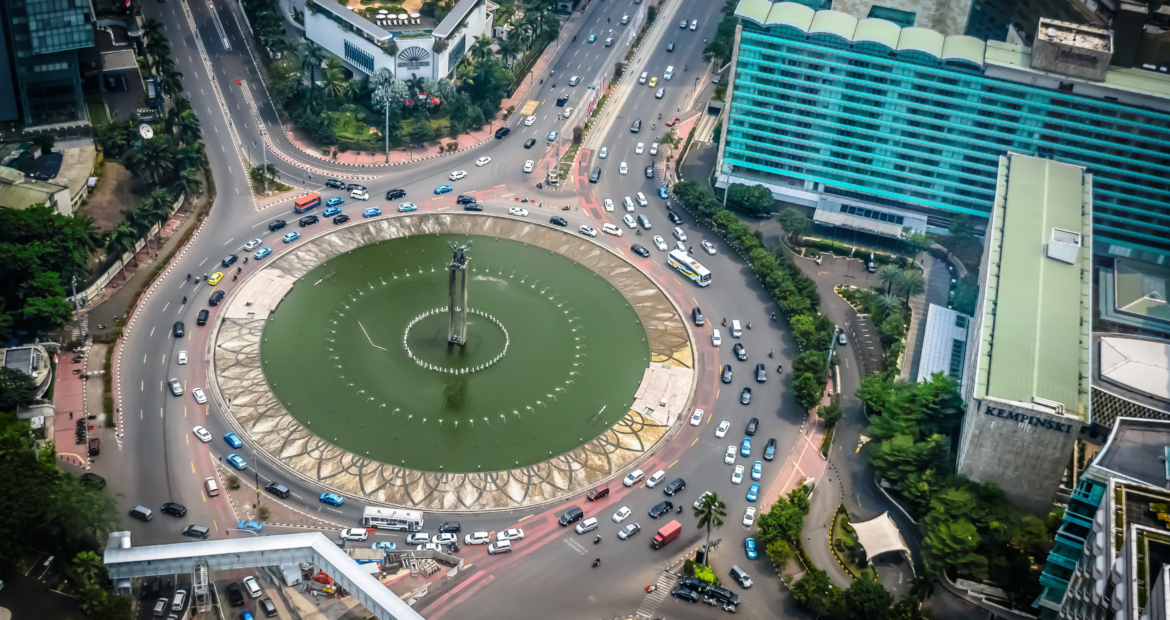Relocating to Indonesia can be an exciting yet daunting experience for expatriates. While cities like Jakarta and Surabaya offer modern amenities, some foreign professionals find themselves posted in more remote areas or locations where the transition can be quite a shock. From cultural differences to language barriers, the reality of living in Indonesia is often more complex than expected. For many expat families, the biggest challenges don’t necessarily lie with the working spouse but with the supporting spouse, who may struggle to find their place in this new environment. Without proper preparation and guidance, relocation can quickly become overwhelming or very stressful.
Common Unexpected Hurdles Expats Face
Despite Indonesia’s rapid development, moving to the country still presents unique challenges for expats. Here are some of the most common hurdles that are often overlooked:
1. Cultural Differences and Social Integration
Indonesia has a distinct cultural identity that varies significantly between regions. The societal norms, business etiquette, and daily interactions differ greatly from what many expats are accustomed to. For instance, hierarchy and indirect communication play a significant role in both personal and professional settings. This approach in a business setting may be very different than what you are used to in your home country. Adjusting to these cultural nuances and expected professional protocol can take time and effort.
2. HR Departments May Not Understand Expat Needs
In Indonesia, company HR departments are legally required to be staffed by Indonesian nationals. While this ensures compliance with local labour laws, it can sometimes result in a lack of understanding regarding the unique challenges faced by expat employees and their families. If the HR professional has not experienced an international move themselves, they may not see the difficulty of doing seemly simple tasks like opening a bank account, applying for a local telephone number or getting a driver’s license. Often the procedure and documentation to do these things is very different than what the expat is expecting and almost always written in Bahasa Indonesia not necessarily with a translation. Issues such as cultural adaptation, schooling concerns, and spouse support may not be fully acknowledged or addressed or understood. Many expats find themselves without adequate guidance, making their transition more difficult than necessary.
3. Language Barriers
Unlike in Singapore or the Philippines, where English is widely spoken and used as a language of study in schools, Indonesia does not have the same exposure to English. As a result the nation has a lower English proficiency, particularly outside Jakarta and Bali. Many essential services, including government offices, hospitals, and local markets, operate primarily in Bahasa Indonesia. Although in many situations there may be someone present that can help with translation, exact translation or understanding can be challenging. This can make even simple tasks—like setting up utilities or internet, looking for a specific ingredient, or asking for directions—difficult for non-Indonesian speakers.
4. Infrastructure Inconsistencies
While Jakarta has modern infrastructure, other parts of Indonesia face challenges with low level or unreliable public transportation, frequent power outages, and inconsistent internet connectivity. In remote areas, accessing quality healthcare, quality education, and even grocery stores that stock foreign products can be more difficult than expected.
Why DIY Relocation Can Be Overwhelming
Many hiring companies do not offer adequate support or see the necessity for a professional orientation or cultural training program. To save costs, they may choose not to provide these services, even though they could help the relocating expat transition more quickly and actually relieve stress for both the company and the expatriate. Without proper guidance, expats often struggle with cultural adjustments, logistical challenges, and unforeseen complications, which can lead to frustration, reduction in productivity, and difficulties in settling into their new environment.
1. Challenges for the Supporting Spouse
The working spouse usually has a structured role within their company, which provides a sense of stability and is most likely similar to what they were doing prior to the move. However, the supporting spouse—who may have left behind their own career, family, and social circle—often faces a tougher adjustment. Feelings of isolation, cultural fatigue, and frustration can set in, especially if they struggle to build a new network or find meaningful activities.
2. Schooling and Healthcare Concerns
For expat families, securing quality education and healthcare is a top priority. International schools in Indonesia can be expensive, may have waiting lists, and are mostly concentrated in major cities. Healthcare facilities also vary widely in quality, and access to top-tier medical care may be limited to the major cities.
3. Housing and Lease Challenges
Finding suitable housing is another major challenge. Rental agreements in Indonesia often require negotiation, and lease terms may be vastly different from those in Western countries. Many landlords require payments in advance for a full year, and understanding local property laws and norms can be tricky without expert guidance. Making a costly decision such as a full year of rent with limited knowledge of the housing area, the reputation of the landlord, and the normal terms regarding maintenance can be daunting.
How Professionals Streamline the Process
Given these challenges, working with a professional relocation service company can make all the difference. Here’s how they help:
1. Comprehensive Relocation Services
Relocation professionals offer end-to-end support, from city orientation tours to housing assistance and school placement. They help expats understand their new environment, providing key insights into safety, transportation, curriculum and daily life. You can take advantage of their local knowledge and use it to your advantage.
2. Support for Spouses and Families
A successful relocation isn’t just about the working spouse—it’s about the entire family adjusting smoothly. If the personal life of the family is not address and taken care of, this could end in early termination of the entire assignment. Professional services often include cultural integration programs, introduction to networking events, and language classes to help spouses and children settle in more easily ensuring that everyone’s needs have been addressed.
3. Language and Cultural Training
Since English is not as widely spoken in Indonesia as in some neighbouring countries, learning basic Bahasa Indonesia can significantly improve day-to-day life. Many relocation services offer language training to help expats and their families communicate more effectively and feel more confident navigating their new surroundings. Even just understand the basics can make a huge difference.
Conclusion
Relocating to Indonesia presents unique challenges that many expats underestimate. While large cities like Jakarta may be a slightly smoother transition, moving to more remote areas can be a significant cultural and logistical adjustment. Often, the biggest hurdles are faced not by the working spouse but by the supporting spouse, who must adapt to an entirely new way of life. The language barrier, bureaucratic complexities, and infrastructure inconsistencies further add to the challenges of settling in.
For these reasons, professional relocation services provide invaluable support, ensuring a smoother transition for expats and their families. By taking advantage of expert guidance, expatriates can focus on making the most of their experience in Indonesia, rather than struggling with the complexities of moving. Investing in professional assistance not only saves time and reduces stress but also enhances the overall relocation experience, making it a positive and enriching journey for the whole family.
If you feel that you could benefit from our services or would like to understand how we can help you or your company, please contact us.




